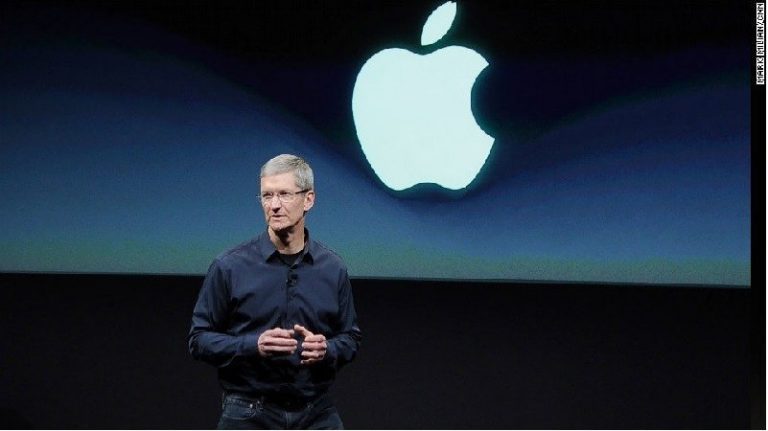
As it prepares for its Worldwide Developer Conference on June 9, Apple is touting its global App Store business as a massive engine of economic activity, revealing that developers generated $1.3 trillion in billings and sales in 2024.
The company emphasized that 90% of that sum did not involve any commission paid to Apple, highlighting what it frames as a supportive ecosystem for developers.
According to a new Apple-funded study, billings and sales from digital goods and services reached $131 billion in 2024, with the momentum largely driven by mobile games, photo and video editing tools, and business-centric applications. But the most dramatic growth came from physical goods and services — like food delivery and online retail — which surpassed $1 trillion in sales, showing a strong appetite for app-driven commerce beyond Apple’s cut.
Register for Tekedia Mini-MBA edition 19 (Feb 9 – May 2, 2026).
Register for Tekedia AI in Business Masterclass.
Join Tekedia Capital Syndicate and co-invest in great global startups.
Register for Tekedia AI Lab.
In-app advertising also played a significant role, generating $150 billion last year alone.
Apple says spending across digital goods, physical services, and advertising has more than doubled since 2019, with physical commerce leading the pack at a growth rate of more than 2.6 times. The company sees these figures as proof that the App Store fuels far more economic activity than its own bottom line, arguing that it offers a platform for innovation and discovery that benefits both users and developers.
Apple’s glowing self-assessment comes amid rising pressure at home and abroad. The data, compiled by Professor Andrey Fradkin of Boston University and Dr. Jessica Burley of the Apple-aligned Analysis Group, is part of the tech giant’s broader effort to reshape the narrative surrounding its tightly controlled app ecosystem — particularly as courts and regulators are increasingly siding with developers who want Apple’s grip loosened.
In the U.S., Apple was recently ordered by a federal judge to comply with earlier rulings in the Epic Games antitrust lawsuit. Among other mandates, the company must now allow app developers to link users to external websites for payment — bypassing Apple’s standard commission structure. The ruling marked a key win for Epic Games and other critics who argue Apple uses its control of iOS to block fair competition.
Meanwhile, in Europe, Apple is pushing back against sweeping changes required by the European Union’s Digital Markets Act (DMA). The DMA directs major platform operators like Apple to allow developers to inform customers about alternative payment options, challenging Apple’s long-standing prohibition against off-platform transactions.
The Cupertino-based company has attempted to frame the App Store as more than a toll booth, listing a wide range of investments including anti-fraud systems, analytics tools, developer support teams, and coding frameworks as evidence of the value it provides. It also claims the App Store now draws 813 million average weekly visitors globally — a testament to the reach developers can tap into.
However, many believe Apple’s portrayal glosses over how entrenched and mature the App Store has become. Developers today have more resources than ever to build and distribute apps independently, but Apple’s restrictions — including the inability to offer alternative stores or sideloading options — have kept them locked into its framework. That’s now changing, albeit slowly, under judicial and regulatory pressure.
Apple also highlighted growth trends in specific regions: App Store-facilitated billings and sales more than doubled in the U.S., China, and Europe over the past five years. In the U.S., mobile payment spending alone has increased sevenfold since 2019 — a shift Apple credits to the rise of contactless payments via iPhones and Apple Pay.
While Apple is seeking to showcase its ecosystem as a pillar of global innovation and commerce, the timing of the release — days ahead of WWDC and amid growing scrutiny — suggests the company knows it must persuade not just developers, but lawmakers and regulators, that it’s playing fair.
Whether these numbers will do that remains uncertain.



